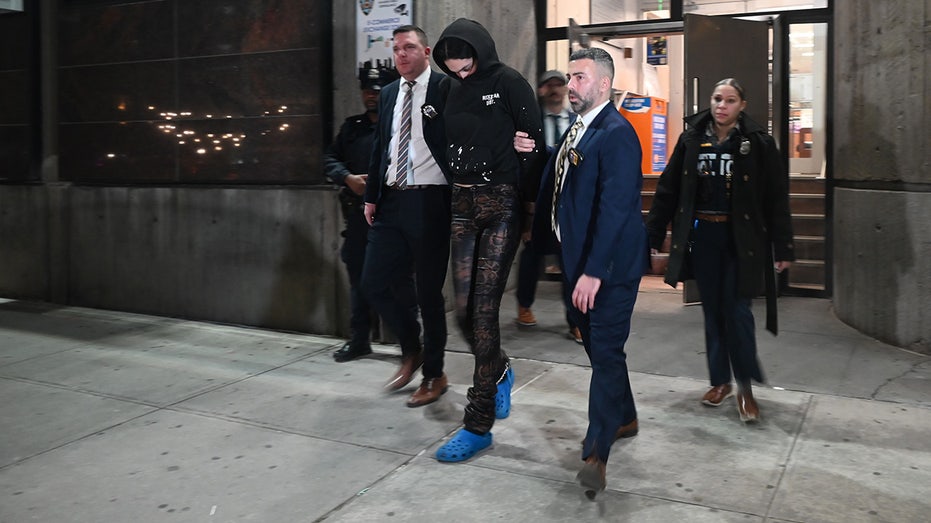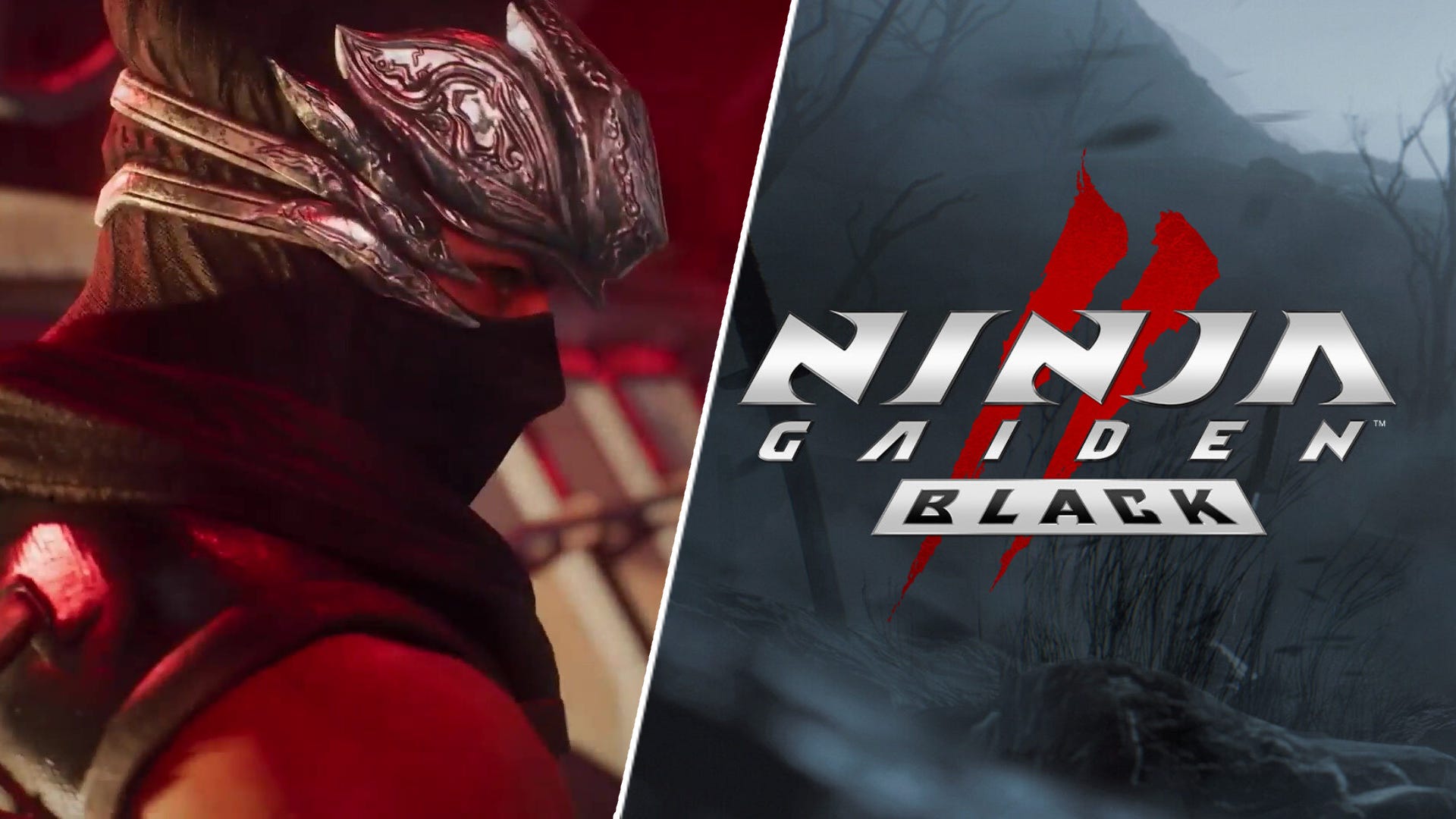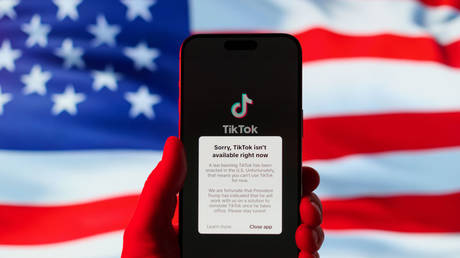It’s up to the courts to save the US Steel Nippon deal
It’s not too late for our judicial system to intervene and do what’s right for the American people and our allies.

President Biden made a mistake blocking the U.S. Steel-Nippon merger. The onus is now on the courts to recognize this error and ensure the continued credibility of the Committee on Foreign Investment in the United States process by allowing the deal to proceed.
Throughout his career — especially over the last four years — Biden has fought hard for American workers while continuing to prioritize our nation’s national security. This makes his decision to block Nippon Steel’s acquisition of U.S. Steel last week so puzzling. In his announcement on Jan. 3, Biden cited national security concerns and said that the U.S. must maintain a strong domestically owned and operated steel industry.
While U.S. Steel has served as a vital economic lifeline throughout Pennsylvania and a symbol of America’s industrial strength, its existence faces a serious threat. Nippon Steel’s $14.9 billion offer would not only keep the company above water, but it would also revitalize the American steel industry as we know it.
Nippon Steel and U.S. Steel have already taken legal action, including asking a federal court to set aside the Committee on Foreign Investment in the United States review process and the president’s decision. They laid out a comprehensive argument on how this deal “will enhance, not threaten, United States national security.”
As the former acting secretary of the Army, member of Congress and combat veteran, I feel qualified to say that this deal poses no legitimate national security threat.
Japan is America’s strongest ally in East Asia and a key partner in countering China’s growing influence. In fact, Biden’s administration approved a $3 billion sale of air-to-air missiles to Japan the day before he blocked the Nippon deal.
Strengthening economic ties with Japan through this acquisition aligns fully with our broader Indo-Pacific strategy. Far from compromising national security, this partnership would strengthen it.
The committee that reviewed the acquisition reportedly received an assessment from the Defense, State, Justice and Treasury Departments verifying that there are no national security risks surrounding this deal.
Many of the president’s key advisors — Secretary of State Antony Blinken, Treasury Secretary Janet Yellen, national security advisor Jake Sullivan and U.S. Ambassador to Japan Rahm Emanuel — have argued against blocking this deal.
The Committee on Foreign Investment in the United States process exists to ensure that this deal is going to be safe for the U.S. and our allies, but we allow it to be exploited by politics. There is no credible evidence to suggest that this merger will not be safe. Therefore, there is no reason for denial of this deal.
Preventing this deal from moving forward will not only damage our relationship with one of our strongest allies, but it will discourage foreign investment in American manufacturing and set a dangerous precedent that will deter the much-needed capital in other struggling industries. The repercussions of dismissing this deal will only place a heavier burden on taxpayers to bail out failing companies.
Foreign companies like Toyota and BMW have doubled down on U.S. manufacturing. In fact, the BMW factory in South Carolina makes more BMWs than any other in the world. Additionally, Nippon Steel’s Follansbee, West Virginia and Burnham, Pennsylvania plants have been unionized for years — and as part of this acquisition promised a $5,000 retention bonus for each steelworker.
Nippon’s offer represents the best, and possibly the only, opportunity our nation has to rebuild its steel industry. The capital and resources from this investment will modernize U.S. Steel's facilities, create jobs and enhance our nation's competitiveness across the globe.
On top of that, Nippon Steel announced another $1.4 billion investment in U.S. Steel’s key facilities at Mon Valley, Pa. and Gary, Ind. Additionally, Nippon offered an additional 10-year guarantee that it would not reduce production at U.S. Steel’s mills without approval from the government.
All in all, Nippon has committed nearly $17 billion to invest in U.S. Steel. If we turn our backs on this opportunity, there will be devastating consequences.
It is in the best interest of our economy and national security for the court to reverse Biden's decision and allow Nippon and U.S. Steel to move forward. We can’t afford to put thousands of steelworkers’ jobs or our international alliances at risk.
Luckily, it’s not too late for our judicial system to intervene and do what’s right for the American people and our allies.
Patrick Murphy is a former Pennsylvania congressman and former 32nd Army undersecretary who currently lectures at the Wharton Business School at the University of Pennsylvania.
What's Your Reaction?





















![[DEALS] The Ultimate Microsoft Excel Certification Training Bundle (37% off) & Other Deals Up To 98% Off – Offers End Soon!](https://www.javacodegeeks.com/wp-content/uploads/2012/12/jcg-logo.jpg)

































































